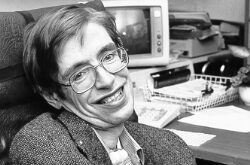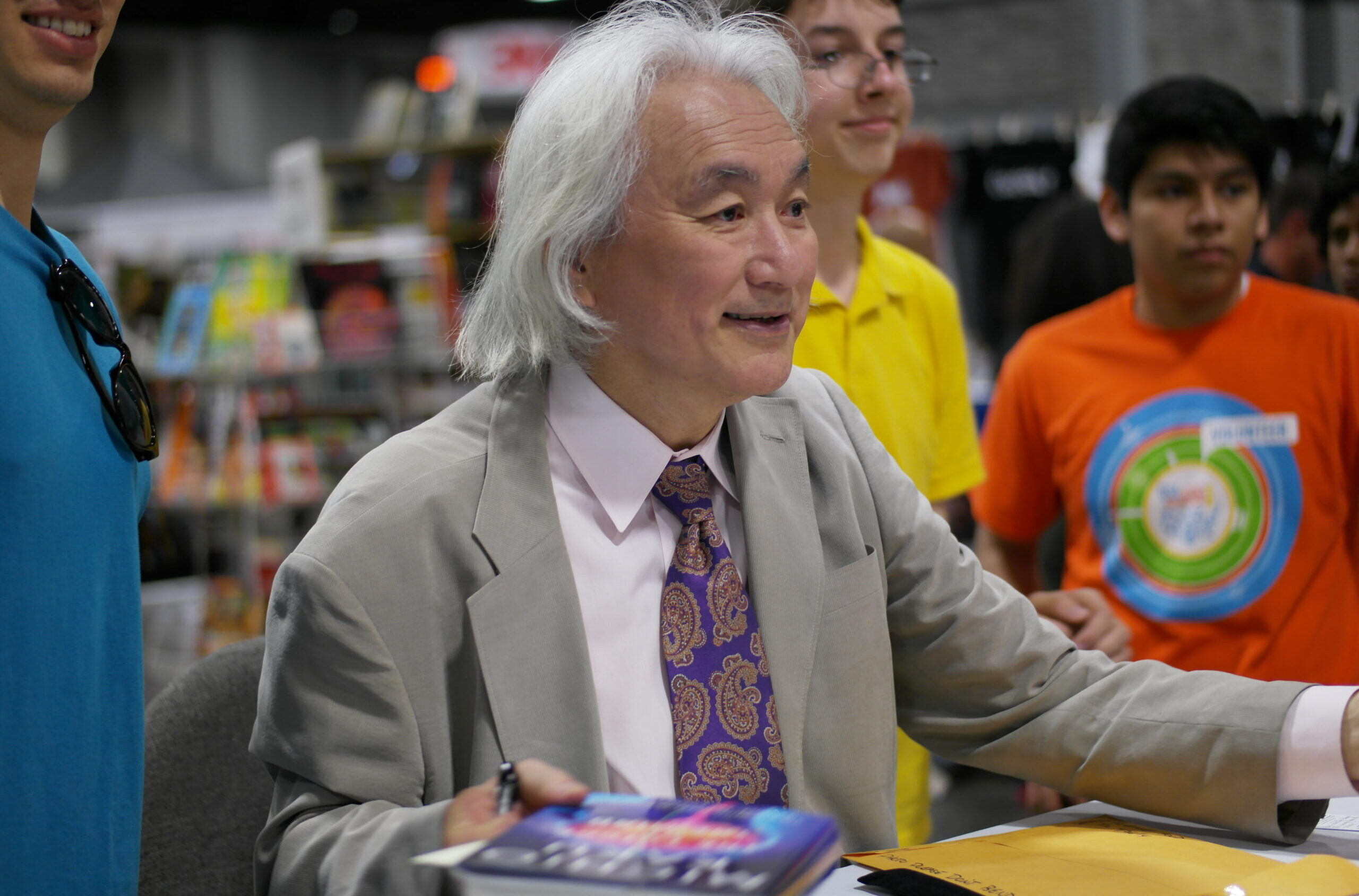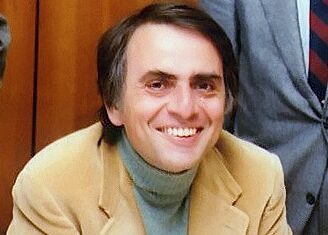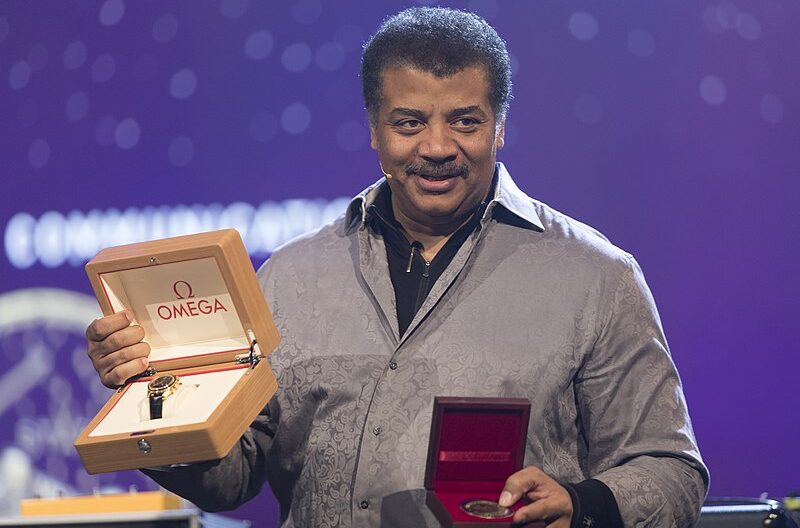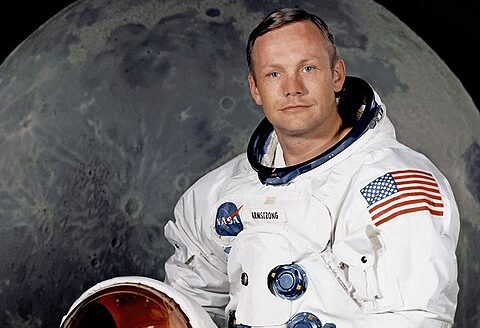Stephen Hawking: A Brilliant Mind Amidst Controversies
Stephen Hawking, a brilliant theoretical physicist, cosmologist, and author, left an indelible mark on our understanding of the universe. His groundbreaking work earned him worldwide acclaim, but his life was not without its share of controversies. In this article, we delve into his top notable controversies associated with Stephen Hawking, highlighting the complexities and debates surrounding his ideas and public persona.
Black Hole Information Paradox:
One of Hawking’s most significant contributions was the concept of “Hawking radiation,” wherein black holes emit radiation. This groundbreaking theory raised a profound question: does this radiation carry away information from the black hole, leading to the “Black Hole Information Paradox”? The debate continued for decades, captivating physicists and challenging our understanding of black hole dynamics.
Cosmic Censorship Hypothesis:
Hawking proposed the “Cosmic Censorship Hypothesis,” suggesting that singularities within black holes and other regions remain hidden behind event horizons. However, this idea faced opposition, with other physicists questioning whether singularities are truly hidden. The cosmic censorship debate remains an intriguing and open question in cosmology.
Debate with Roger Penrose:
Hawking’s intellectual sparring with physicist Roger Penrose focused on singularities and their existence within the universe. Penrose proposed that singularities might not be entirely concealed, whereas Hawking defended the idea of event horizons. Their disagreements became a fascinating chapter in the history of theoretical physics.
Criticism of String Theory:
Hawking was critical of certain aspects of string theory, which is a theoretical framework in physics attempting to unify the fundamental forces of nature. While he recognized its potential, he believed that the theory had not yet made definitive predictions that could be tested experimentally.
Public Stance on God:
Hawking’s atheistic views on religion and God were no secret. Candid about his beliefs, he received both admiration from like-minded individuals and criticism from religious communities. His bold statements ignited discussions on the relationship between science and spirituality.
Boycott of Israel’s President’s Conference:
In 2013, Hawking announced his boycott of Israel’s President’s Conference to protest the treatment of Palestinians. This decision generated controversy, prompting debates about the role of academics in global politics and issues of social justice.
Concerns About Artificial Intelligence:
Hawking’s warning about the potential dangers of unchecked artificial intelligence stirred significant attention. His apprehensions about AI outsmarting humanity fueled ethical discussions and calls for responsible AI development.
Controversial Claims About Time Travel:
Hawking’s fascination with time travel led to imaginative theories about traveling into the past. Though highly speculative, his ideas captivated scientists and the public alike, leading to lively debates about the nature of time and its manipulation.
Personal Life and Marital Issues:
The publication of a memoir by Hawking’s first wife, Jane Hawking, shed light on the challenges faced by the couple, including Stephen’s health issues. The intimate details shared in “Travelling to Infinity: My Life with Stephen” sparked public interest and discussions about fame, personal struggles, and relationships.
Controversial Statements on Aliens:
Hawking’s attention-grabbing statement that aliens visiting Earth could have disastrous consequences sparked intriguing debates on extraterrestrial life and potential interactions with advanced civilizations.
Criticism of Popular Science:
Some academics criticized Hawking’s foray into popular science, arguing that his simplified explanations lacked scientific rigor or might be misinterpreted by the public. The tension between accessibility and scientific accuracy in popular science writing remains an ongoing discussion.
Conclusion:
Stephen Hawking’s brilliance, contributions to science, and charismatic personality made him an icon. His life, though marked by controversies, showcased the complexities of scientific inquiry and public engagement. As we remember this visionary physicist, we celebrate both his groundbreaking discoveries and the thought-provoking debates he ignited, leaving an enduring legacy in the scientific community and beyond.
